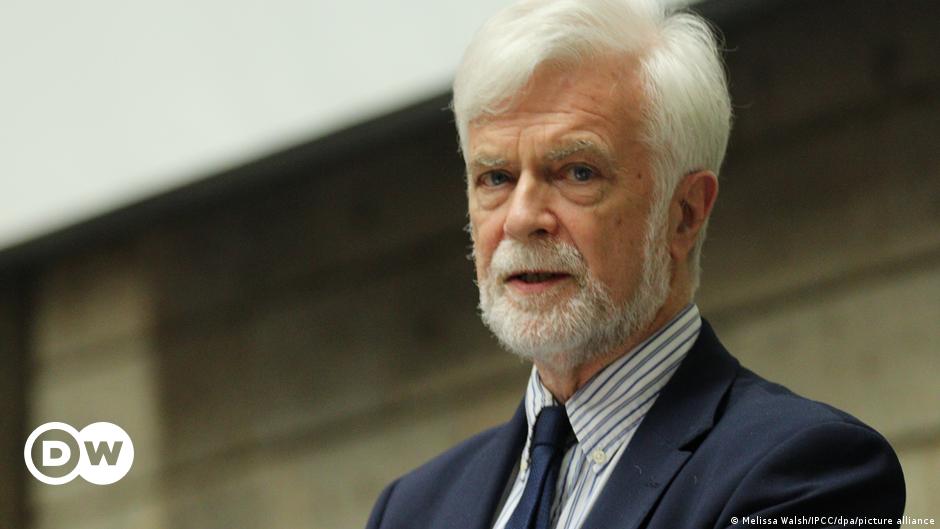In short, we aren’t on track to an apocalyptic extinction, and the new head is concerned that rhetoric that we are is making people apathetic and paralyzes them from making beneficial actions.
He makes it clear too that this doesn’t mean things are perfectly fine. The world is becoming and will be more dangerous with respect to climate. We’re going to still have serious problems to deal with. The problems just aren’t insurmountable and extinction level.



I think the peak 4 degrees this century is extremely possible. A lot of the community studying this now thinks we have underestimated feedback loops, much of what is currently happening was not supposed to happen as quickly as it has.
I agree, our track record since the establishment of the IPCC has been only very slightly better than “business as usual” scenarios. The current decline of the AMOC current was not predicted to happen as quickly as it has, and the early 2000s IPCC reports didn’t even factor in Greenland ice sheet meltwater. I’m not a climate scientist, I think if we have one or two in this community, their input would be fascinating.
It’s terrifying.
We won’t get to 2100 before things really get awful either. We’ll get to 2035-2050 and then things like cascading crop failure will happen, causing a global collapse in the food supply.
If we reach that event occurring it will functionally prevent governments from cooperating to reduce carbon emissions. They will all be focused internally on turmoil and massive unrest generated by mass famine. Many will turn up the carbon dial in order to try and address this. Others will simply have revolutions that take considerable time afterwards to stabilise making organised effort unviable.